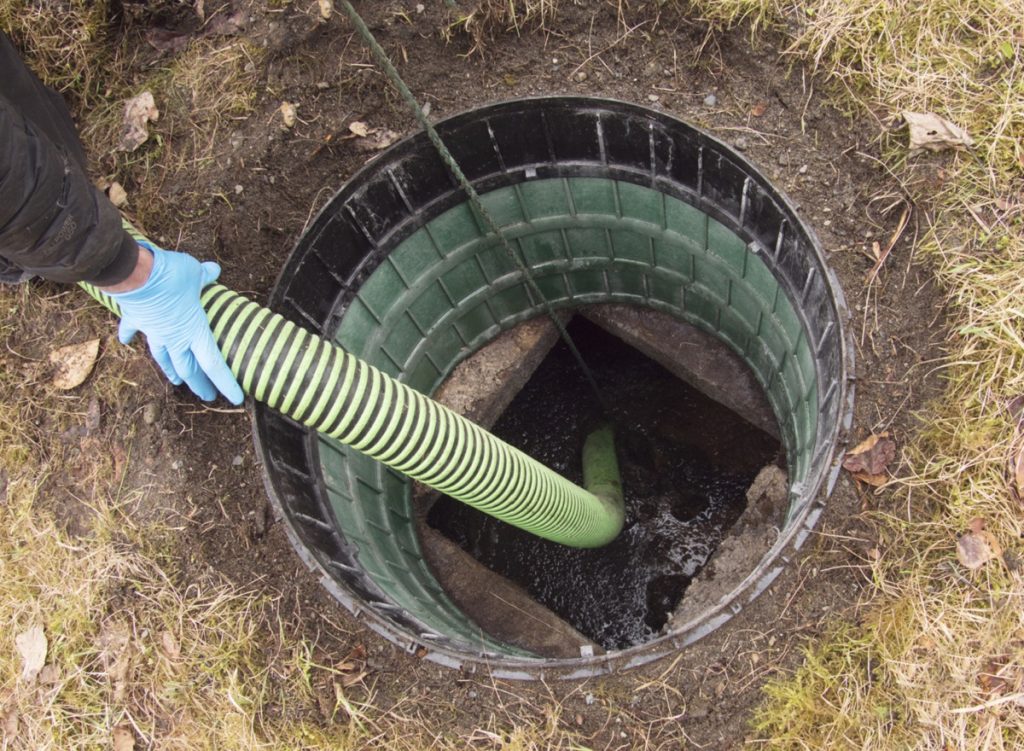Your septic system plays a substantial role in your home’s infrastructure. It’s responsible for draining all of the wastewater from your kitchen, bathrooms and more. Seasonal changes can increase the risk of certain septic issues, like flooding and freezing. By prioritizing your home’s septic health, you’ll guarantee your peace of mind and your system’s integrity.
Avoid Using Harmful Chemicals
Some household cleaners and chemicals can cause damage to the helpful bacteria in your septic tank. Materials like oil, paint and bleach may also harm the inside of your pipes, leaving them more susceptible to punctures and holes. The best way to avoid these issues is to limit your use of strong chemical substances. Instead, opt for eco-friendly and septic-safe cleaning options.
Don’t Flush Inappropriate Items
Sturdy materials like cotton swabs, feminine hygiene products, wipes and dental floss won’t break down when you flush them. Frequently disposing of these items in your toilet can lead to clogs or larger concerns like fatbergs. Even wipes marketed as flushable tend to be made with strong fibers that don’t easily disintegrate. Your toilet is only ever meant to flush down human waste and toilet paper.
Plan Future Landscaping Ventures
Don’t plan any significant gardening projects around your septic tank or drainage field. The roots from these trees and bushes can quickly invade your septic lines. When enough roots create a blockage in the pipes, your wastewater may flow back into the home. You should also avoid driving over or placing heavy items on your septic system. If the area compacts, it could lead to a septic system failure.
Monitor Household Water Usage
Conserving water in your home is beneficial to your bills, the environment and your septic lines. The amount of water your family uses directly impacts the stress on your system. Avoid using multiple heavy-duty appliances at a time, and consider spreading out when you do laundry or complete your cleaning. You can also invest in water-saving fixtures, like efficient showerheads and low-flow toilets. Don’t forget to safely direct excess rainwater runoff away from your septic tank.
Schedule a Septic Tank Pumping
When spring rolls around, plan to schedule your septic tank cleaning and inspection. On average, experts recommend having your tank pumped at least once every three years. This removes built-up waste and keeps the system running efficiently. During a full inspection, our professionals will search for early issues and failing parts. Yearly maintenance appointments lengthen the system’s lifespan and protect your property from potential septic emergencies.
Follow these easy tips this season to keep your septic system reliable and healthy. For superior septic repairs and maintenance, call Brown Aerobic in Houston, TX.

